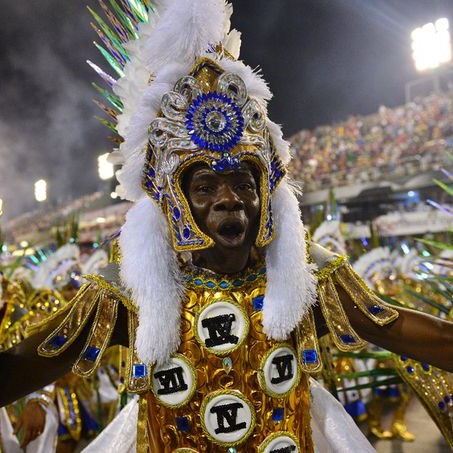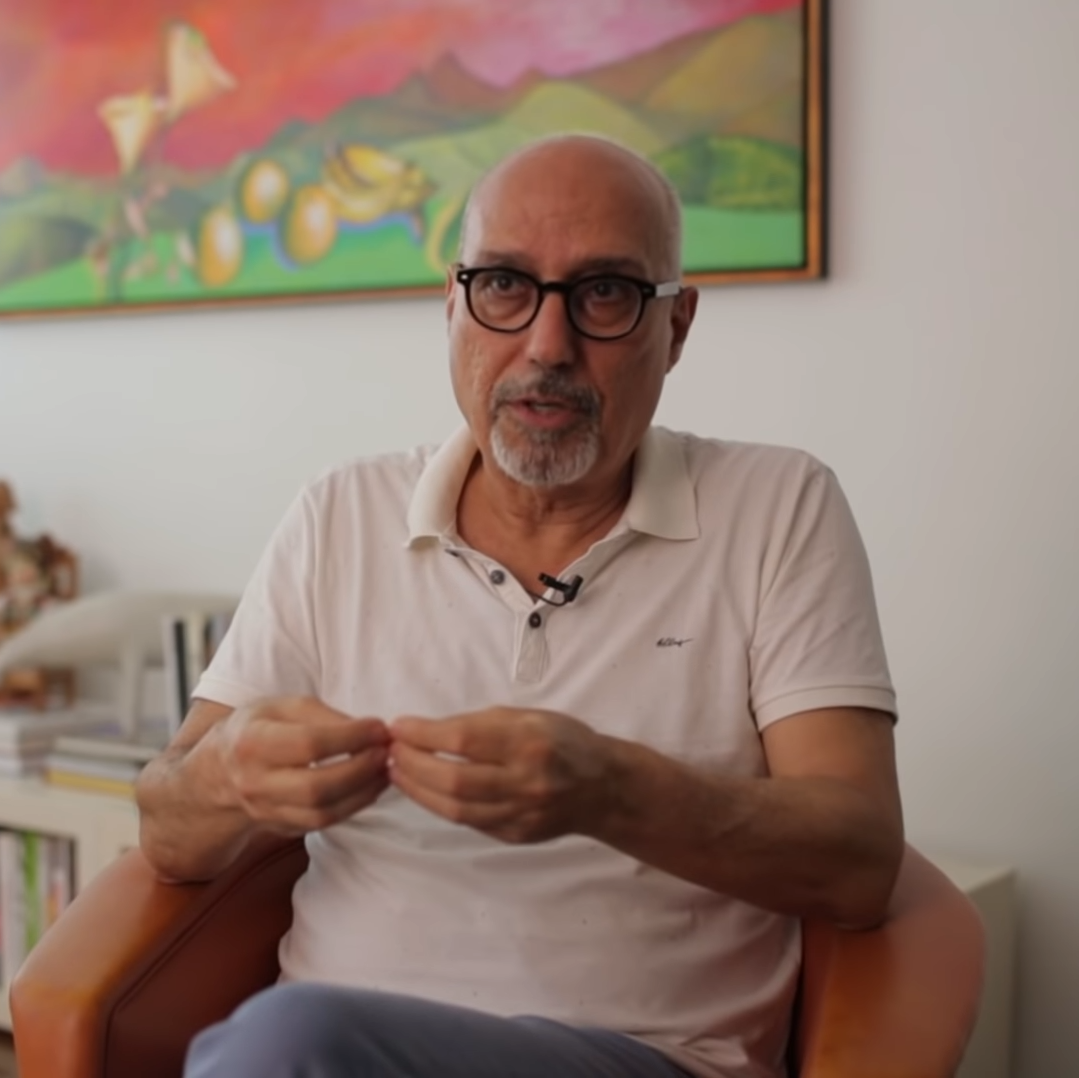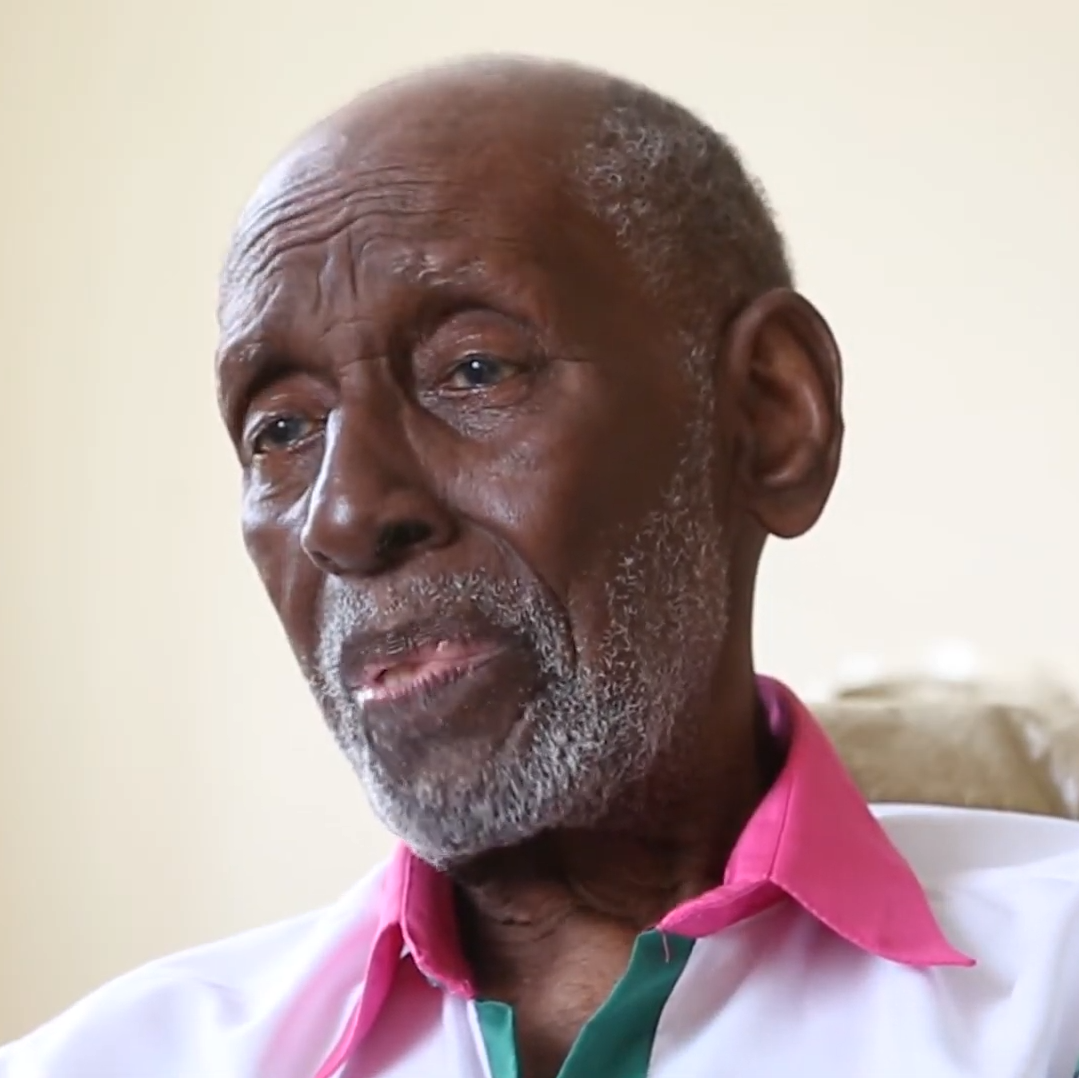Relations between samba and the Brazilian authorities have always been strained. The first samba school, Deixa Falar, was founded in 1928 in Rio in the downbeat Estácio de Sá neighbourhood, which was inhabited mostly by sex workers, dockers, petty criminals and manual laboureres. Most of them were people of colour and the majority were immigrants. The school gave a sense of respectability to samba dancers in the carnival, whose main concern was to march without being beaten up by the police.
With official recognition of the right to samba came in the 1930s, carnivals became a great spectacle and a necessary symbol of national culture as the schools infused their parades with all things Brazil. With “Teste ao Samba” in 1939, the Portela samba school recorded the first act of resistance, pitting the carnival against authoritarian powers by deciding to pay tribute to samba rather than to a great battle or a hero of the nation.
Emphasis on national themes transformed the processions more or less into travelling operas – “Exaltação à Tiradentes” is a tribute to the hero of the insurrection against the Portuguese crown; “Dia de fico” is the day when prince regent Dom Pedro I refused to return to Portugal, thus accelerating the country’s independence; and let’s not forget “O Grande Presidente”, an ode to the populist Getúlio Vargas. It was during the time of the former dictator that the phenomenon of the marchinhas (little marches) took hold during Carnival. Full of double meaning, the marchinhas reflect daily life in Brazilian society, expressing both popular humour and social concerns. They have consistently denounced the misdeeds and corruption of politicians, and these remain the marchers favourite targets today.
During the 1960s and 1970s, carnivals remained indebted to their African roots. Writers such as Candeia, Nei Lopes, Martinho da Vila, Elton Medeiros and Paulinho da Viola gave samba a new identity, inherited from Brazil’s African-infused culture. During this period Brazil was under the control of the military and some schools, such as Imperatriz Leopoldinense with Martin Cererê in 1972, considered it more prudent to side with the generals. Few schools dared to defy the dictatorship; in Rio, only Acadêmicos do Salgueiro risked marching in 1967 on the theme of the history of freedom in Brazil. During the 1969 carnival, Império Serrano’s writers had to modify their enredo “Heróis da Liberdade”, as it was considered too critical. And it was only thanks to Chico Buarque’s fame that, when he dared to sing “Apesar de Você” (Despite You) he wasn’t arrested.
With the return of democracy, Carnival resumed its role as a mirror of social and political reality. In 2019, four months after the election of Jair Bolsonaro, the Mangueira samba school, crowned champion of the carnival, revisited Brazil’s history through the great figures of African and Indian resistance, often ignored in school textbooks. They also paid a poignant tribute to Marielle Franco, an activist for minority rights, who had been assassinated one year earlier. Quite a symbol.
.jpg)



.jpg)
.jpg)
.jpg)
.jpg)